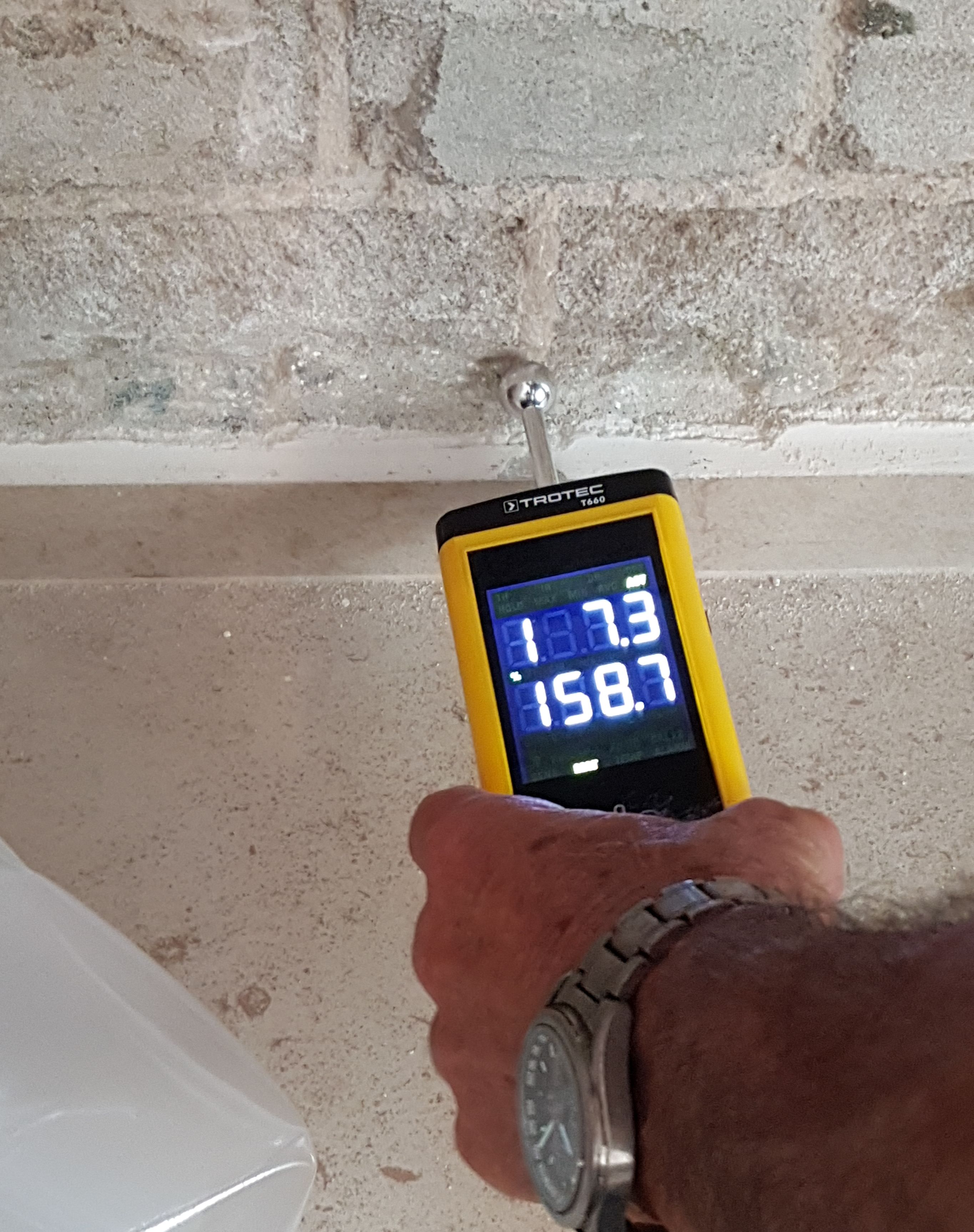The Scientific Research Behind Moisture Meters: Exactly How They Function and Why They're Necessary
The Scientific Research Behind Moisture Meters: Exactly How They Function and Why They're Necessary
Blog Article
The Ultimate Guide to Moisture Meters: A Comprehensive Overview and Just How They Can Conserve You Cash
In the realm of building maintenance, building, and various markets, the importance of accurately measuring wetness degrees can not be overstated. Dampness meters function as important tools in discovering and monitoring moisture material in materials, aiding in stopping costly damages and making sure the quality of items. Comprehending the nuances of various types of wetness meters, their applications, and the potential cost-saving benefits they use can be a game-changer for specialists and businesses alike. Discovering exactly how these gadgets can not only simplify procedures but additionally add to financial cost savings is a journey worth embarking on.
Kinds of Moisture Meters
Various sorts of wetness meters are offered for various applications in various sectors. One typical type is the pin-type dampness meter, which gauges the electric resistance between 2 pins inserted into a material. This kind is ideal for wood, drywall, and various other structure products. Pinless moisture meters, on the other hand, usage electro-magnetic sensing unit plates to check a larger area without triggering damages to the material's surface. These meters are perfect for promptly analyzing wetness levels in huge locations such as floorings and walls.
Furthermore, there are also specialty moisture meters created for specific materials like dirt, grain, or hay. These meters give precise wetness analyses tailored to the special homes of the product being tested. Infrared wetness meters determine the thermal buildings of a material to determine its moisture content non-invasively, making them valuable for applications where pin or pinless meters may not be suitable. Understanding the different sorts of dampness meters readily available can aid sectors select the most suitable tool for their specific moisture dimension demands.

Advantages of Using Moisture Meters

In addition, making use of wetness meters can lead to boosted energy efficiency. In agricultural setups, dampness meters play a vital function in optimizing crop returns by enabling farmers to monitor dirt moisture degrees and make informed irrigation decisions.
Exactly How to Choose the Right Moisture Meter
Choosing the suitable moisture meter involves thinking about vital factors such as product compatibility, measurement array, and calibration precision. When picking a dampness meter, it's necessary to guarantee that the meter appropriates for the details material you will be testing. Various materials have differing electric residential or commercial properties that can affect dampness readings, so picking a meter designed for your product is critical for precise results. Furthermore, take into consideration the dimension variety of the dampness meter. Ensure that the meter can find dampness degrees within the variety needed for your applications. Calibration precision is another critical aspect to keep in mind (Moisture Meter). Select a moisture meter with dependable calibration to make certain consistent and accurate analyses. Some meters might require regular calibration modifications, so understanding the calibration process is essential. By thoroughly evaluating these elements, you can choose a moisture meter that fulfills your needs and offers accurate dampness dimensions for your tasks.
Proper Methods for Moisture Meter Use
To make certain exact wetness readings and make the most of the performance of a dampness meter, using proper techniques is important. When using a pin-type wetness meter, place the pins or probes right into the material being evaluated up until they make full call. Guarantee the pins are vertical Going Here to the surface area to get one of the most exact analysis. For pinless dampness meters, hold the tool level against the product and relocate it gradually to cover the whole area for a typical reading. It's critical to adjust the dampness meter according to the product being checked to enhance accuracy. Take numerous analyses throughout the surface and average them out for a more dependable outcome. Additionally, ensure that the material being tested is acclimated to the setting to avoid manipulated analyses. Regular upkeep of the wetness meter, such as cleansing the pins or sensing unit, is also crucial to make sure exact and consistent analyses. By following these proper methods, users can rely upon their moisture meter to supply credible wetness degrees, aiding in stopping pricey damage or guaranteeing high quality in different applications.

Price Financial Savings With Moisture Meter Applications
Just how can the tactical application of wetness meters lead to considerable price savings throughout various industries? In the agriculture market, dampness meters help in figuring out the optimal time for collecting crops, preventing over-drying or excess moisture that can affect the final item's high quality.

Furthermore, in the food handling market, moisture meters are important for monitoring product top quality and ensuring compliance with safety and security guidelines. By accurately determining wetness web content in food, producers can stop perishing, maintain quality, and lower waste, causing substantial price savings. Generally, the tactical application of moisture meters is a beneficial investment that can bring about significant expense reductions and boosted performance throughout various industries.
Final Thought
To conclude, dampness meters are important tools for discovering and measuring moisture degrees in different products. By using the best moisture meter and adhering to proper methods, customers can successfully stop expensive problems triggered by excess wetness. Spending in a quality moisture meter can bring about substantial expense savings in the long run by identifying potential issues early useful content and making it possible for timely remediation. Ultimately, moisture meters are essential instruments for maintaining the honesty and long life of products and frameworks.
Moisture meters serve as indispensable devices in detecting and checking moisture content in materials, assisting in preventing expensive problems and making certain the top quality of products. Infrared moisture meters measure the thermal buildings of a product to determine its moisture content non-invasively, making them useful for applications where pin or pinless meters may not be suitable.Moisture meters provide indispensable advantages in precisely keeping an eye on and examining wetness degrees in diverse materials and environments. In agricultural setups, dampness meters play a critical duty in enhancing crop yields by enabling farmers to check dirt wetness levels and make informed watering choices.In final thought, look at this site moisture meters are valuable devices for determining and spotting moisture degrees in different materials.
Report this page